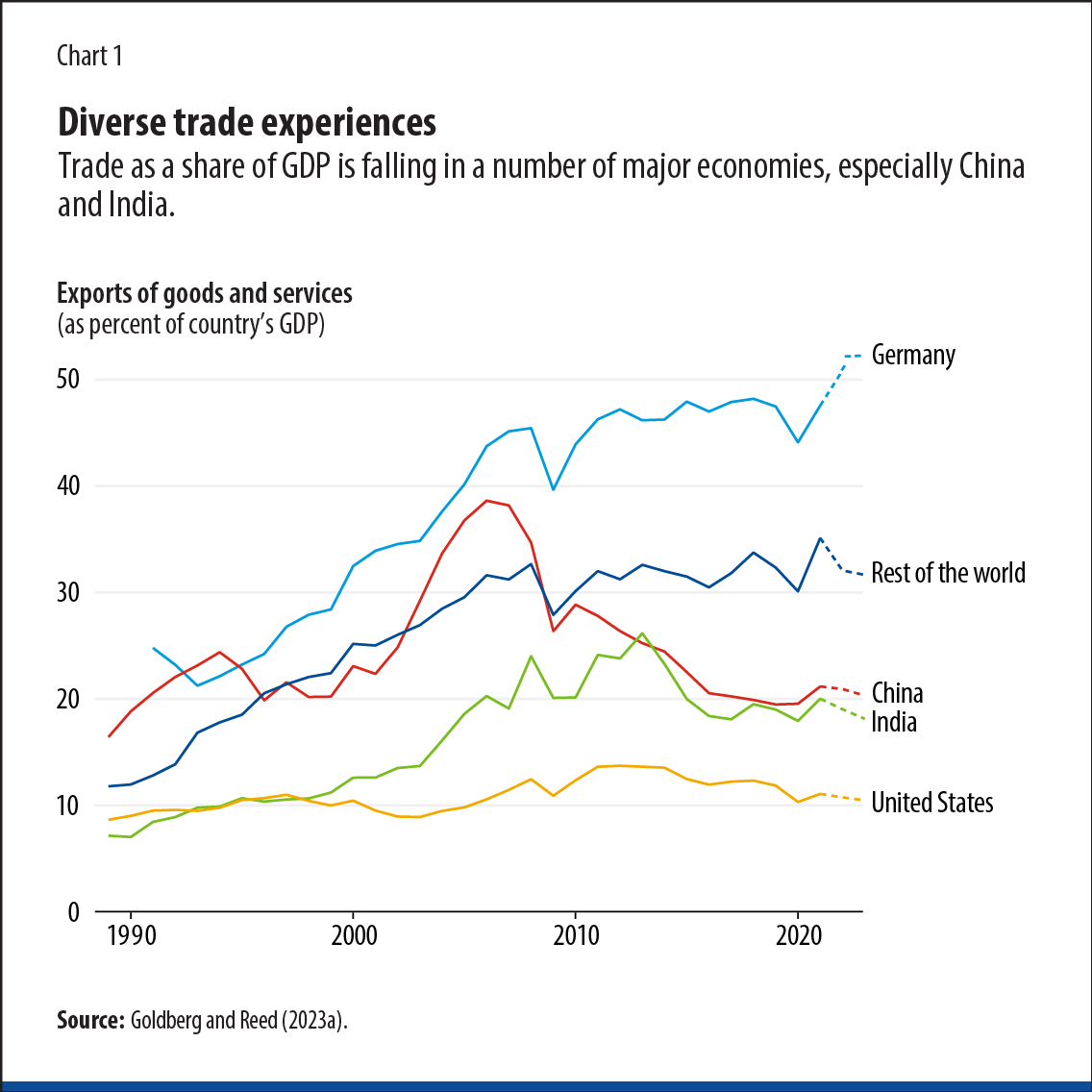Navigating the World of Global Trade Policies
In today’s globalized world, navigating the complex web of global trade policies is essential for businesses looking to succeed in the international marketplace. From tariffs and quotas to trade agreements and sanctions, understanding and complying with these policies is crucial for shaping international business strategies.
Global trade policies play a significant role in shaping the economic landscape of countries around the world. They are put in place by governments to regulate trade between nations and promote economic growth. These policies can have a profound impact on businesses, influencing everything from supply chain management to pricing strategies.
One of the key challenges for businesses operating in the global marketplace is staying informed about the ever-changing landscape of global trade policies. With new policies and regulations being introduced regularly, businesses must be proactive in monitoring changes and adapting their strategies accordingly.
Trade agreements are one of the most important aspects of global trade policies. These agreements are negotiated between countries to facilitate trade and remove barriers such as tariffs and quotas. By taking advantage of these agreements, businesses can access new markets and reduce costs, giving them a competitive edge in the international marketplace.

Image Source: imf.org
On the other hand, tariffs and quotas can have a significant impact on businesses’ bottom line. Tariffs are taxes imposed on imported goods, while quotas limit the quantity of certain goods that can be imported into a country. Both of these measures can increase the cost of doing business internationally, making it more difficult for businesses to compete.
Sanctions are another important aspect of global trade policies. These are measures imposed by governments to restrict trade with certain countries or individuals for political or security reasons. Businesses must be aware of these sanctions and ensure they are not inadvertently violating them, as the consequences can be severe.
In order to navigate the world of global trade policies effectively, businesses must develop a comprehensive understanding of the regulations that govern international trade. This may involve working closely with trade experts or legal advisors to ensure compliance with all relevant laws and regulations.
It is also important for businesses to stay informed about global trade policy developments by following news outlets, industry publications, and government websites. By staying up-to-date on changes in trade policies, businesses can proactively adjust their strategies to minimize risks and capitalize on new opportunities.
In conclusion, navigating the world of global trade policies is essential for businesses looking to succeed in the international marketplace. By understanding and complying with these policies, businesses can shape their international business strategies to effectively compete in a rapidly changing global economy.
Crafting Business Strategies for Success
In today’s interconnected global economy, navigating the world of global trade policies is a crucial aspect of running a successful business. These policies, which are put in place by governments to regulate the flow of goods and services across borders, can have a significant impact on international business strategies. As such, crafting effective business strategies that take into account these policies is essential for achieving success in the global marketplace.
One of the key factors to consider when crafting business strategies in the face of global trade policies is compliance. It is important for businesses to understand and adhere to the various regulations and restrictions that govern international trade. Failure to comply with these policies can result in fines, penalties, and even loss of market access. By ensuring that their business strategies are in line with global trade policies, companies can avoid costly mistakes and maintain a strong reputation in the international business community.
Another important aspect of crafting business strategies for success is adaptation. Global trade policies are constantly evolving in response to changing political and economic circumstances. As such, businesses need to be able to adapt their strategies to meet these shifting regulations and requirements. This may involve developing new partnerships, exploring alternative markets, or adjusting supply chains to comply with trade policies. By remaining flexible and adaptable, businesses can stay ahead of the curve and maintain a competitive edge in the global marketplace.
In addition to compliance and adaptation, businesses also need to consider the broader implications of global trade policies on their overall business strategies. For example, trade agreements between countries can open up new opportunities for growth and expansion, while trade disputes can create barriers to entry and hinder market access. By carefully analyzing the impact of these policies on their business operations, companies can develop strategies that capitalize on opportunities and mitigate risks in the global marketplace.
Furthermore, crafting business strategies for success in the face of global trade policies also requires a keen understanding of international market dynamics. Businesses need to conduct thorough market research to identify trends, opportunities, and challenges in different regions around the world. By staying informed about global market conditions, businesses can tailor their strategies to take advantage of emerging opportunities and navigate potential pitfalls in the international business landscape.
Ultimately, crafting business strategies for success in the global marketplace requires a combination of compliance, adaptation, and market intelligence. By understanding and adhering to global trade policies, businesses can avoid pitfalls and maintain a competitive edge. By remaining flexible and adaptable, companies can respond to changing regulations and market conditions with agility. And by staying informed about international market dynamics, businesses can identify opportunities for growth and develop strategies to capitalize on them. In this way, businesses can navigate the complex world of global trade policies and shape their international business strategies for success.
The Impact of Global Trade Policies on International Business Strategies